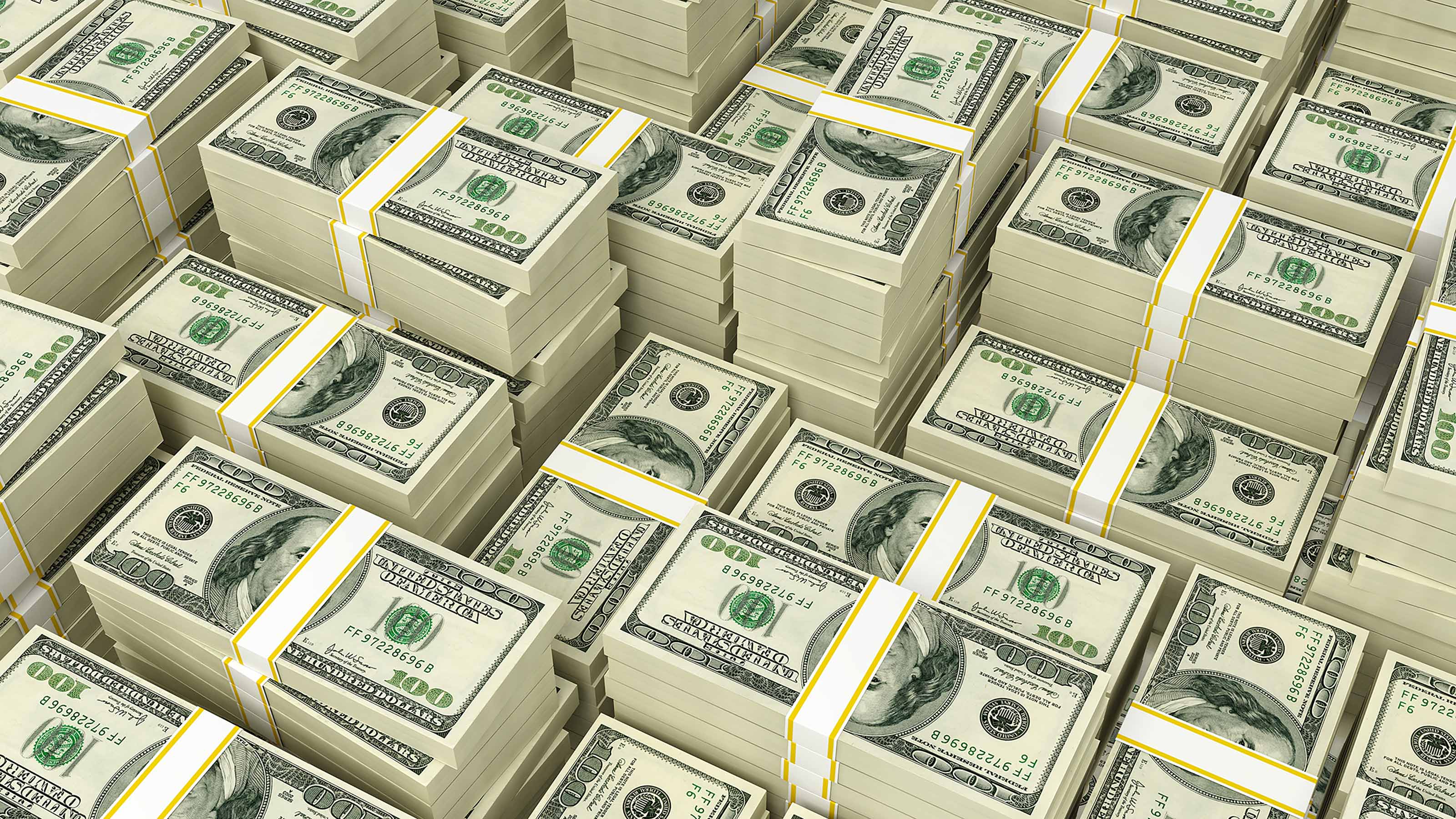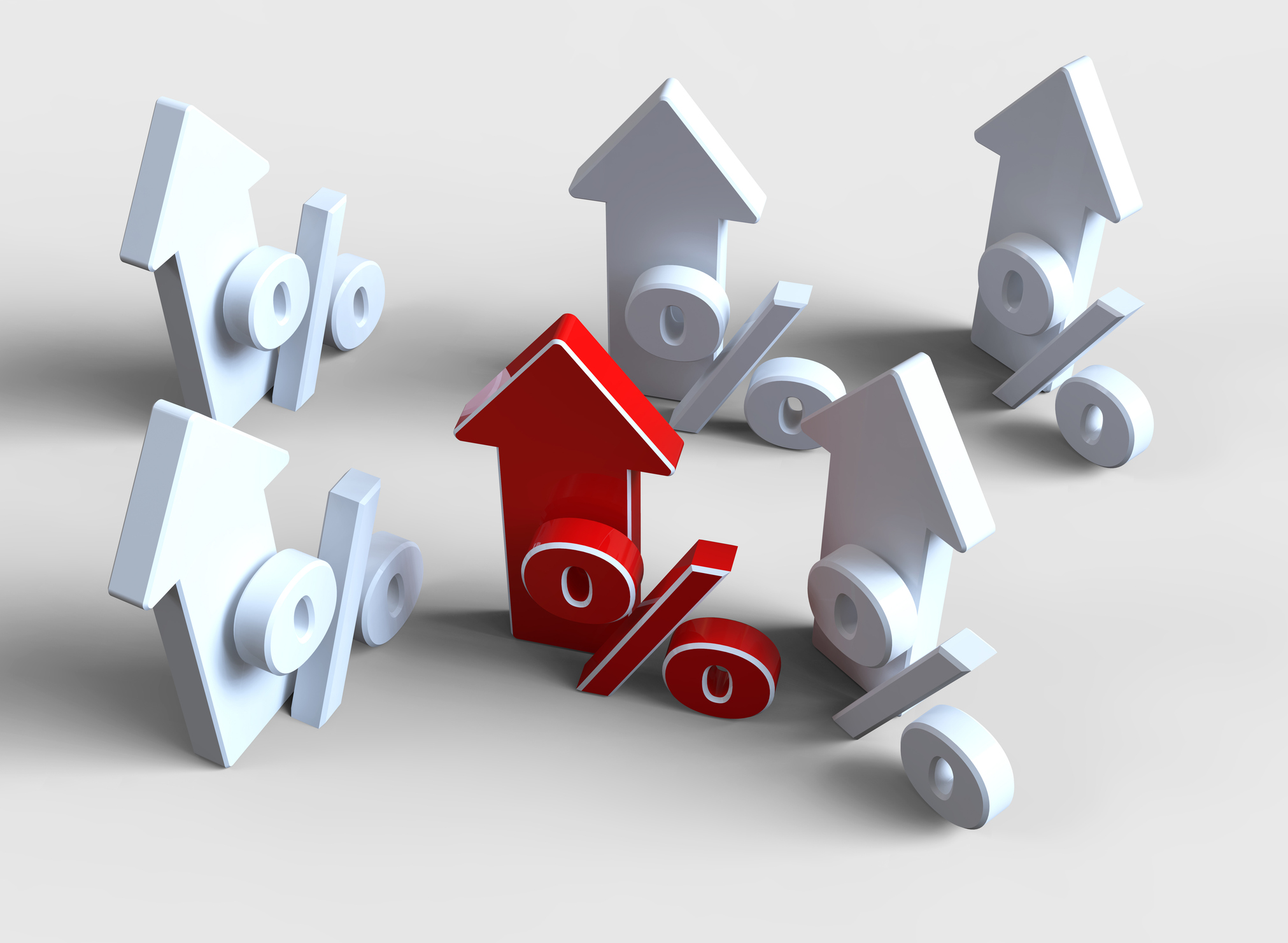Highest-Yielding Dividend Stocks in the S&P 500
LyondellBasell, Healthpeak Properties and Conagra head the list of the highest-yielding dividend stocks in the S&P 500. Some of the other names might surprise you.

Profit and prosper with the best of Kiplinger's advice on investing, taxes, retirement, personal finance and much more. Delivered daily. Enter your email in the box and click Sign Me Up.
You are now subscribed
Your newsletter sign-up was successful
Want to add more newsletters?

Dividend investors should know that blindly buying the highest-yielding dividend stocks can be a dangerous game.
An unusually high dividend yield is often a warning sign because stock prices and dividend yields move in opposite directions. It's possible that a too-good-to-be-true dividend yield is simply an effect of a stock having lost a lot of value.
Anytime a company's stock is slumping badly, it's worth wondering if its dividend is sustainable at current levels.
Case in point: Look at Walgreens Boots Alliance. Not long ago, the troubled pharmacy chain was a component of the Dow Jones Industrial Average and a member of the S&P 500 Dividend Aristocrats, an index of companies that have hiked their payouts annually for at least a quarter of a century.
Walgreens was forced to cut its dividend in early 2024 to save cash and was dropped from the Dow and the Aristocrats. On January 29, 2025, Walgreens' dividend sported a tempting yield of 8.7%. The following day, however, Walgreens suspended its dividend.
Cut to today, and Walgreens has gone private.
Highest-yielding dividend stocks
Sometimes the highest-yielding dividend stocks can be fool’s gold, a reality that applies even to certain high-yield names within the S&P 500.
Be forewarned: in several cases, the companies below have entered elite-yield territory only because their share prices have come under significant stress. In turn, some analysts are now concerned about the long-term sustainability of these payouts.
LyondellBasell (LYB) leads the list once again this month, then shares have come under pressure due to what management calls a "prolonged cyclical downturn."
Note that Goldman Sachs analysts have a Sell rating on the materials stock, citing the chemical company's pause of share buybacks through 2026. Even worse, Goldman worries about the sustainability of LYB's dividend. Wall Street's consensus recommendation on LYB stands at Hold.
Happily for dividend investors, a number of Buy-rated blue chip stocks anchor the list.
Verizon Communications (VZ), one of Wall Street's top Dow Jones stocks, has raised its dividend annually for more than two decades. Meanwhile, Pfizer (PFE) has a 16-year track record of consecutive hikes to its payout.
Elsewhere, Amcor (AMCR), one of the best dividend stocks for dependable dividend growth, gets a high-conviction Buy rating from industry analysts.
With those explanations and caveats out of the way, below find the 15 highest-yielding dividend stocks in the S&P 500.
Market data, analysts' estimates and analysts' recommendations are as of February 9, 2026, courtesy of YCharts and S&P Global Market Intelligence.

Company (Ticker) | Forward dividend yield | Analysts' consensus recommendation |
|---|---|---|
LyondellBasell (LYB) | 9.95% | Hold |
Healthpeak Properties (DOC) | 7.24% | Buy |
Conagra Brands (CAG) | 7.24% | Hold |
Kraft Heinz (KHC) | 6.49% | Hold |
Altria Group (MO) | 6.48% | Buy |
Pfizer (PFE) | 6.32% | Buy |
VICI Properties (VICI) | 6.26% | Buy |
Verizon (VZ) | 6.11% | Buy |
HP (HPQ) | 6.11% | Hold |
United Parcel Service (UPS) | 5.59% | Buy |
Edison International (EIX) | 5.48% | Buy |
Prudential Financial (PRU) | 5.45% | Hold |
Campbell's (CPB) | 5.41% | Hold |
Amcor (AMCR) | 5.40% | Buy |
Best Buy (BBY) | 5.40% | Buy |
Related Content
Profit and prosper with the best of Kiplinger's advice on investing, taxes, retirement, personal finance and much more. Delivered daily. Enter your email in the box and click Sign Me Up.

Dan Burrows is Kiplinger's senior investing writer, having joined the publication full time in 2016.
A long-time financial journalist, Dan is a veteran of MarketWatch, CBS MoneyWatch, SmartMoney, InvestorPlace, DailyFinance and other tier 1 national publications. He has written for The Wall Street Journal, Bloomberg and Consumer Reports and his stories have appeared in the New York Daily News, the San Jose Mercury News and Investor's Business Daily, among many other outlets. As a senior writer at AOL's DailyFinance, Dan reported market news from the floor of the New York Stock Exchange.
Once upon a time – before his days as a financial reporter and assistant financial editor at legendary fashion trade paper Women's Wear Daily – Dan worked for Spy magazine, scribbled away at Time Inc. and contributed to Maxim magazine back when lad mags were a thing. He's also written for Esquire magazine's Dubious Achievements Awards.
In his current role at Kiplinger, Dan writes about markets and macroeconomics.
Dan holds a bachelor's degree from Oberlin College and a master's degree from Columbia University.
Disclosure: Dan does not trade individual stocks or securities. He is eternally long the U.S equity market, primarily through tax-advantaged accounts.
-
 4 High-End Experiences Worth the Splurge After 50
4 High-End Experiences Worth the Splurge After 50These curated date ideas provide the perfect backdrop for couples ready to enjoy the very best that the world has to offer.
-
 Health Care Stocks Have Sagged. Can You Bet on a Recovery?
Health Care Stocks Have Sagged. Can You Bet on a Recovery?The flagging health care sector has perked up a bit lately. Is it time to invest?
-
 Costco's Auto Program: Can Membership Pricing Really Save You Money on a Car?
Costco's Auto Program: Can Membership Pricing Really Save You Money on a Car?Costco's Auto Program can simplify the car-buying process with prearranged pricing and member perks. Here's what to know before you use it.
-
 Health Care Stocks Have Sagged. Can You Bet on a Recovery?
Health Care Stocks Have Sagged. Can You Bet on a Recovery?The flagging health care sector has perked up a bit lately. Is it time to invest?
-
 Your Retirement Age Is Just a Number: Today's Retirement Goal Is 'Work Optional'
Your Retirement Age Is Just a Number: Today's Retirement Goal Is 'Work Optional'Becoming "work optional" is about control — of your time, your choices and your future. This seven-step guide from a financial planner can help you get there.
-
 Have You Fallen Into the High-Earning Trap? This Is How to Escape
Have You Fallen Into the High-Earning Trap? This Is How to EscapeHigh income is a gift, but it can pull you into higher spending, undisciplined investing and overreliance on future earnings. These actionable steps will help you escape the trap.
-
 I'm a Financial Adviser: These 3 Questions Can Help You Navigate a Noisy Year With Financial Clarity
I'm a Financial Adviser: These 3 Questions Can Help You Navigate a Noisy Year With Financial ClarityThe key is to resist focusing only on the markets. Instead, when making financial decisions, think about your values and what matters the most to you.
-
 Dow Absorbs Disruptions, Adds 370 Points: Stock Market Today
Dow Absorbs Disruptions, Adds 370 Points: Stock Market TodayInvestors, traders and speculators will hear from President Donald Trump tonight, and then they'll listen to Nvidia CEO Jensen Huang tomorrow.
-
 Private Capital Wants In on Your Retirement Account
Private Capital Wants In on Your Retirement AccountDoes offering private capital in 401(k)s represent an exciting new investment opportunity for "the little guy," or an opaque and expensive Wall Street product?
-
 It's Time to Bust These 3 Long-Term Care Myths (and Face Some Uncomfortable Truths)
It's Time to Bust These 3 Long-Term Care Myths (and Face Some Uncomfortable Truths)None of us wants to think we'll need long-term care when we get older, but the odds are roughly even that we will. Which is all the more reason to understand the realities of LTC and how to pay for it.
-
 Fix Your Mix: How to Derisk Your Portfolio Before Retirement
Fix Your Mix: How to Derisk Your Portfolio Before RetirementIn the run-up to retirement, your asset allocation needs to match your risk tolerance without eliminating potential for growth. Here's how to find the right mix.
